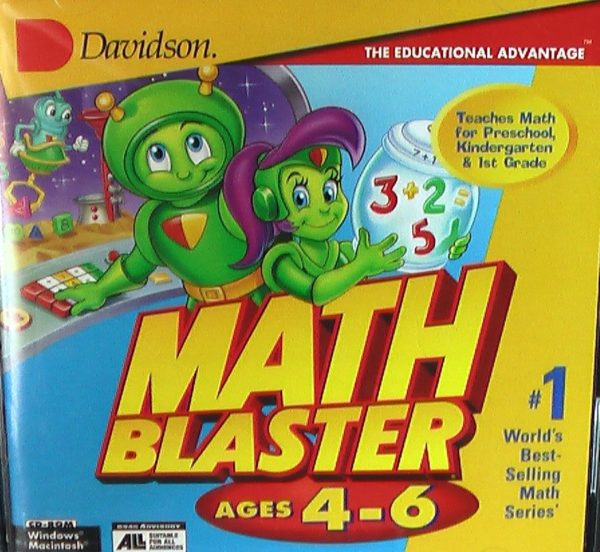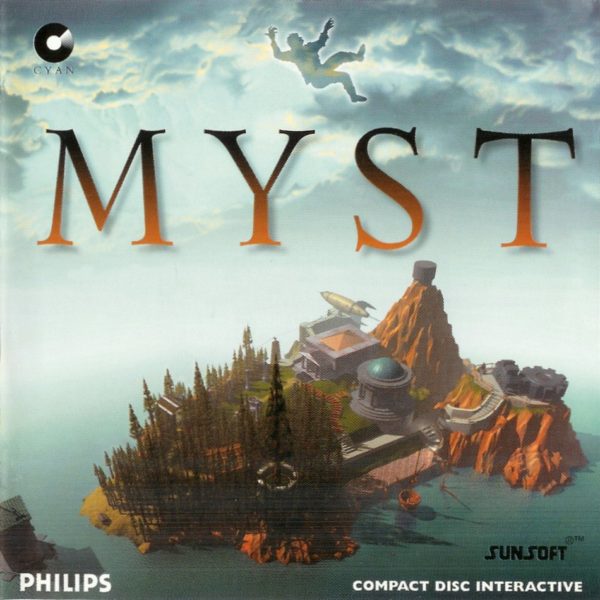I never understood why in the 1990s there seemed to be shelves full of educational games at my local computer store, and then suddenly they were all gone. According to The Outline, that was the work of one man, Kevin O’Leary, a businessman trying to break his way into the lucrative educational software industry.
In the 1990s, educational software was a big part of the computer market. From Math Blaster to Carmen Santiago to Myst, to the classic Oregon Trail, schools and families were buying games and interactives that tried to help young people master math, geography, English and history. These games, as imperfect as they were by 2018 standards, introduced the idea that learning could be fun, engaging, and even inspiring. I still remember the tremendous satisfaction and wonder I got from solving a thorny puzzle in Myst and unlocking a new part of the island.
Then, beginning in 1995, O’Leary and his company SoftKey began hoovering up educational software companies, and focusing on getting their products into big box stores like Best Buy and Costco. He slashed R&D budgets, repackaged older games, and dropped prices. And then he sold off SoftKey, rebranded at The Learning Company, to the toy company Mattel, for a whopping $3.5 billion.
Mattel had no idea how to run an educational software company, and O’Leary had already ousted most of the true innovators in the field. The result was basically the implosion of the educational software market by 2005.
This sad, cautionary tale to me is about what happens when companies privilege profits over the actual value of the products they are selling. I’m thinking of the millions of young people who could have benefited from a healthy educational software market in the 2000s.
Only now with the more open ecosystem of apps and web interactives that are available for young people are we starting to catch up. Still it’s enraging thinking what might have been if businesspeople like O’Leary hadn’t mucked it all up in the quest for profit.
Read the full article on The Outline.




